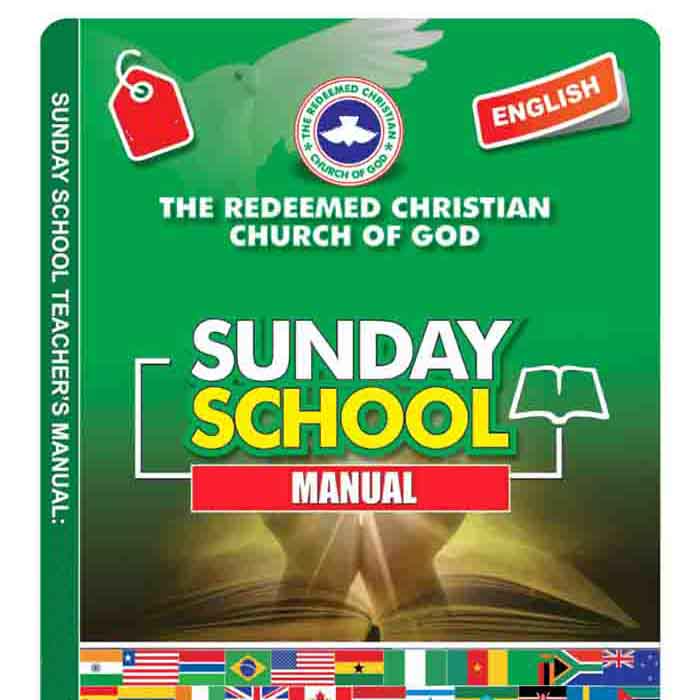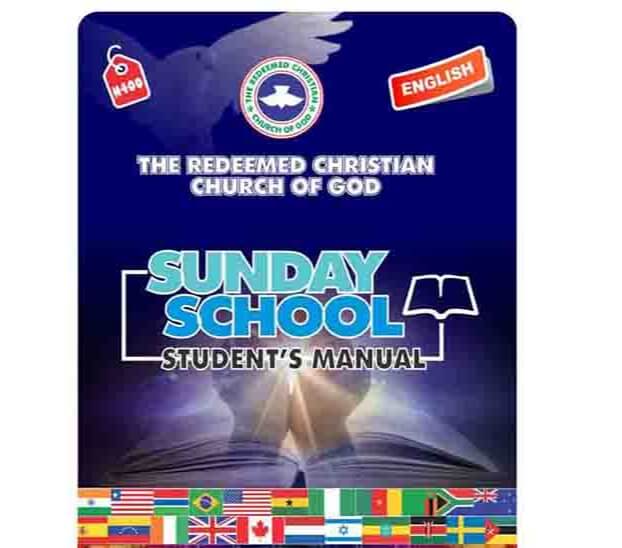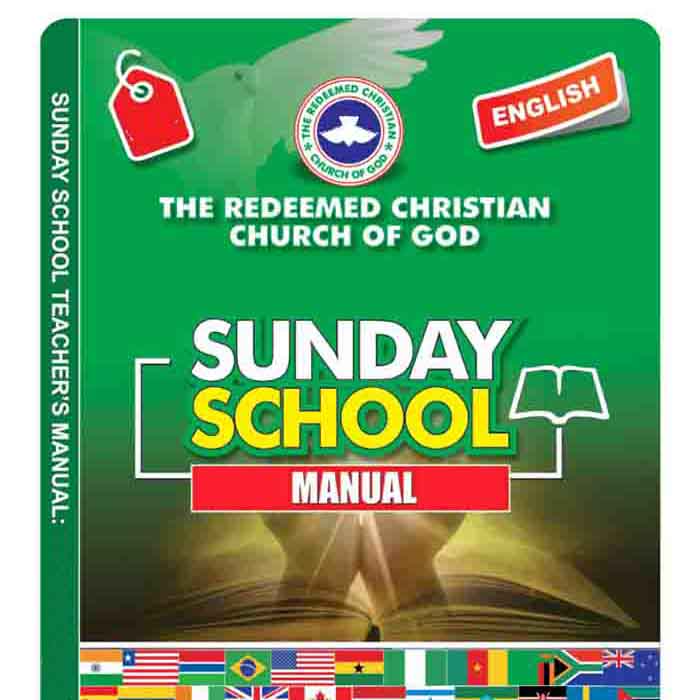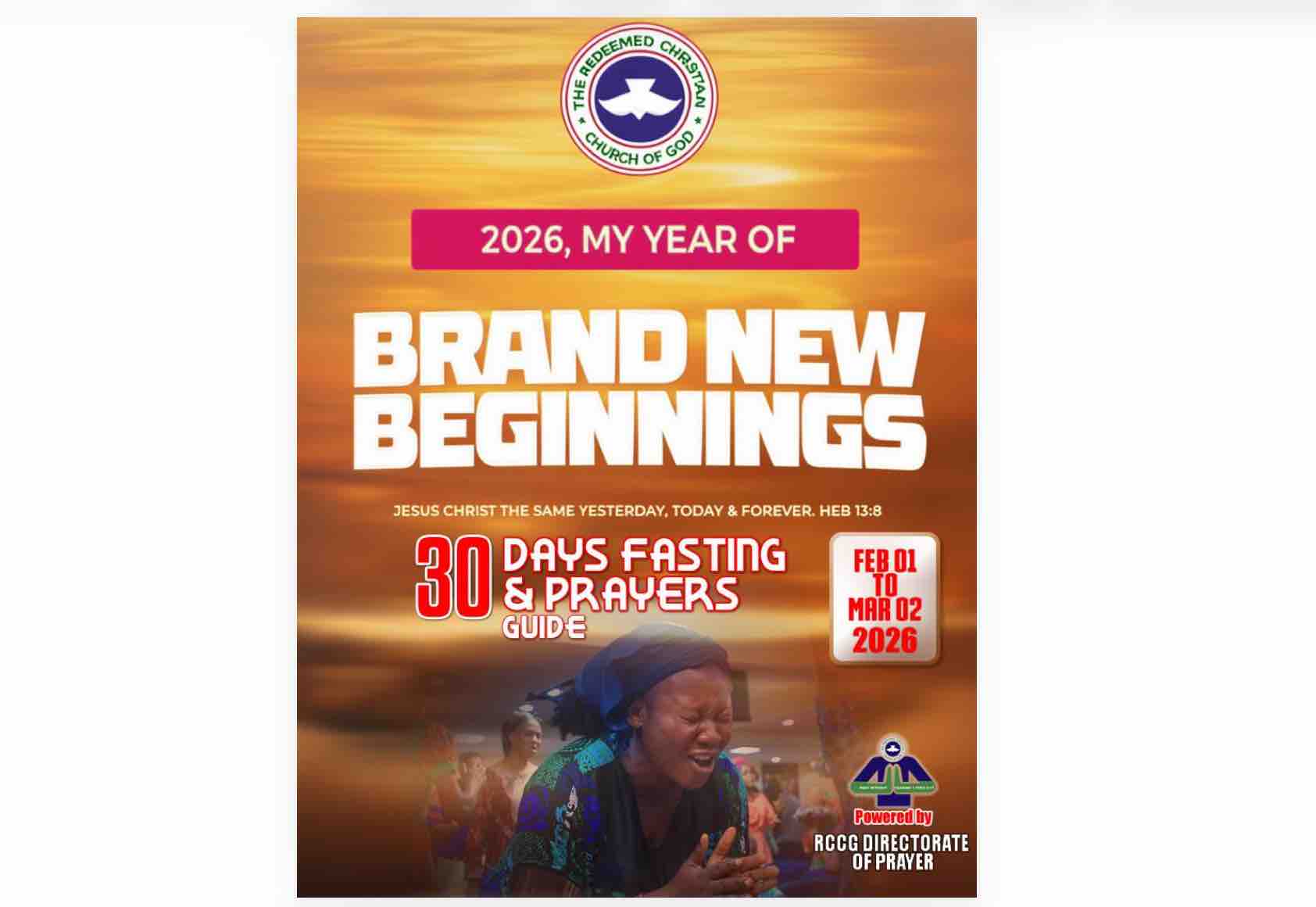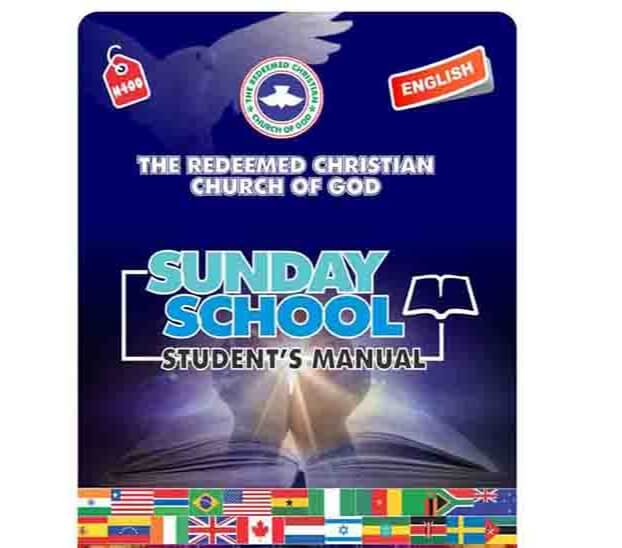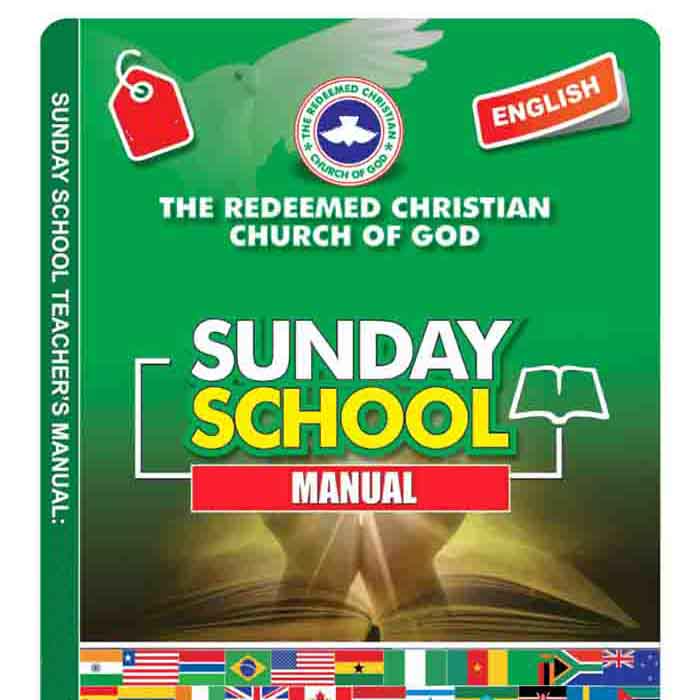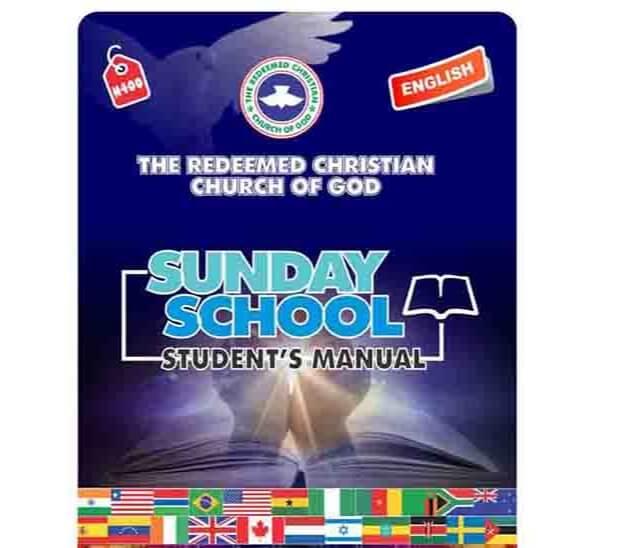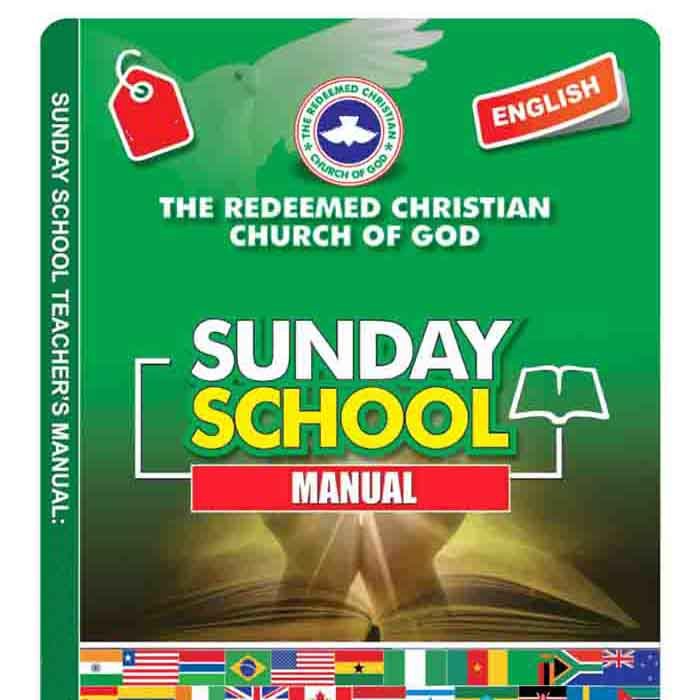RCCG Sunday School Student manual for the adult class.
Today’s Lesson 32 topic: LIVE HEALTHY
Date: 12 April 2026
Read:
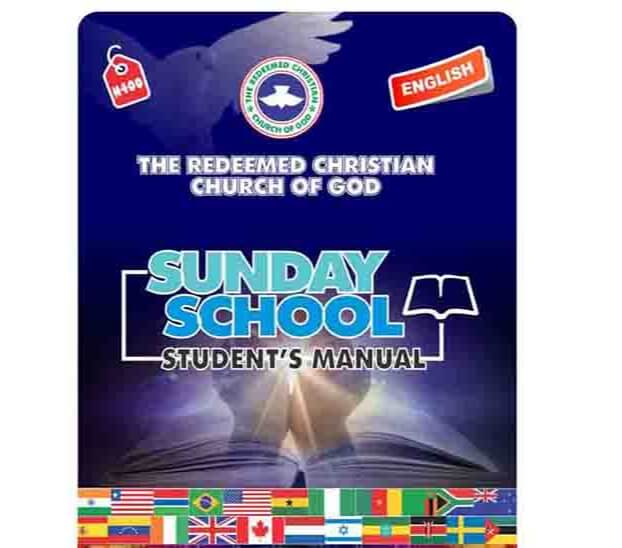
Note: Check RCCG SUNDAY SCHOOL HYMN LYRICS
RCCG SUNDAY SCHOOL STUDENT MANUAL LESSON 32 (12 April 2026)
TOPIC: LIVE HEALTHY
BIBLE READING
BIBLE PASSAGE: Daniel 1:12-15
12 Prove thy servants, I beseech thee, ten days; and let them give us pulse to eat, and water to drink.
13 Then let our countenances be looked upon before thee, and the countenance of the children that eat of the portion of the king’s meat: and as thou seest, deal with thy servants.
14 So he consented to them in this matter, and proved them ten days.
15 And at the end of ten days their countenances appeared fairer and fatter in flesh than all the children which did eat the portion of the king’s meat.
MEMORY VERSE:
“For bodily exercise profiteth little: but godliness is profitable unto all things, having promise of the life that now is, and of that which is to come.” 1 Timothy 4:8.
INTRODUCTION
While it is good to pay serious attention to critical aspects of our lives like career, family, fellowship with God, and ministry, we should not neglect our health (Acts 27:34; 1 Timothy 5:23). Without knowing it, we put our health at risk which results in health problems that could range from minor to chronic.
LESSON OUTLINE 1: THE IMPORTANCE
A. Inasmuch as God created us as spirit beings after His image (Genesis 1:26-27),
i. He also gave us material bodies (Genesis 2:7) and
ii. He is concerned about our physical health (Jeremiah 30:17).
B. It is, therefore, our responsibility and our offering of gratitude to God (Romans 12:1) to prioritise our health because our bodies are:
i. God’s temple (1 Corinthians 6:19) and
ii. The containers that enable us to exist and interact with the physical world, without which we would be unable to fulfil God’s purpose (Genesis 1:28; 2:Z).
C. It is important to take care of our bodies because:
- Good health is God’s will for us (Jeremiah 30:1Z).
- It is impossible to serve God without good health (Mark 5:18-20)
- Good health brings glory to God (Acts 3:8-10).
- It increases our productivity in every aspect of our lives (Proverbs 31:17).
- Living healthy increases our self-worth (Daniel 1:12-15).
- It is less expensive than ill-health (Mark 5:25-26).
- We need to fulfil our purpose in life (Philippians 2:25-28).
CLASS ACTIVITY 1:
Give reasons you should prioritize your health as a believer.
LESSON OUTLINE 2: THE TIPS
A. First and foremost, we need to involve God in our desire to be healthy:
1. God will ensure that we are healthy when we obey/fear Him and depart from evil (Proverbs 4:20-22; Proverbs 3:7-8)
2. It is important to renew our minds because negative thoughts and mindsets can be detrimental to our health (Romans 12:2).
B. Practically, we must:
1. Minimise the intake of sugar and processed food. Eat more of whole grains, fruits and vegetables (Genesis 1:29; Daniel 1:8,12-15).
2. Always drink water, and take lots of it, especially during the day. Engage in regular exercise to aid blood circulation in the body (1 Timothy 4:8a).
3. Ensure that we walk more than sit in one position for long periods at a stretch, as this is detrimental to our health.
4. Spend time outdoors and reduce screen time to prevent eye problems and brain malfunction. v. Be mindful of what you consume (Proverbs 23:1-3, 20-21; 1 Corinthians 10:31)
5. Steer clear of alcoholic/strong drinks: they damage the organs and the image of the victims (Proverbs 20:1; 31:6).
CLASS ACTIVITY 2:
Share how you stay healthy with the class.
CONCLUSION: RCCG Sunday School Students Manual 12 April 2026
What we eat or drink is our first medicine. Take good care of yourself.
ASSIGNMENT: RCCG Sunday School Students Manual Lesson 32
State five (5) importance of living healthy (2×5=10 Marks).
Follow RCCG Live on:


